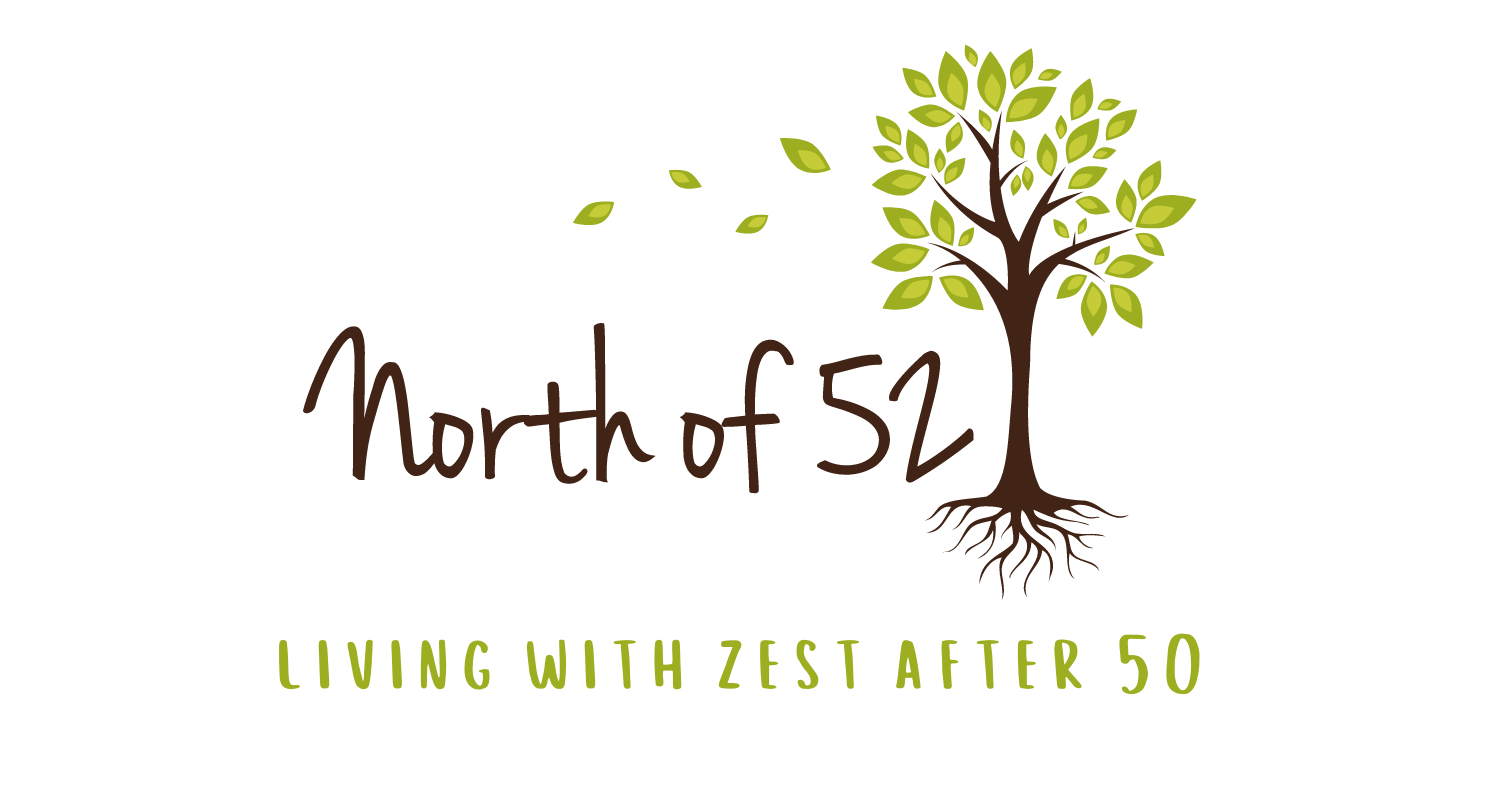Reframing the Next Chapter: Strategies for an Optimal Retirement
When you hear the word retirement, what is the first thing that you think of? Are you suddenly motivated to call a financial planner? Do you start fretting about supporting children or elderly parents? Maybe you blissfully ponder a not-so-distant future on a beach. Or do you erase the word from your head as soon as it’s uttered?
Retirement, both the word and the process, can feel daunting. It sounds like a complete upheaval of our lives, one that, oftentimes, we’re not sure how to plan for, or one that we’ve maybe only financially accounted for. Yet just as important as the finances of retirement is our time in retirement. What will we do with all of it?
Research done by The Avoka Group found that while many pre-retirees aged 45 to 60 have done a good job planning the money side of retirement, they have neglected to focus on how they will spend their valuable time and energy after their primary careers end. So what are some key considerations when planning?
Don’t Get Stuck on the Terms
Qualms about planning for retirement can be helped by exchanging the term “retirement” for something fresher, something that doesn’t make you feel, well, old. At The Avoka Group, we use the term (un)Retirement, which has the same goal as Rewirement. “Retirement” carries old school definitions and perceptions with it, ones that deceive us into believing that we are at the end of our journeys, or that there is only one path to follow. The reality for many of us is that we may never be able to consider a traditional retirement where we can stop working and earning a paycheck, and more and more of us want to keep working just in a different way.
So moving away from those older notions makes the whole process more inclusive. It enables us to view it as the start of a new chapter in our life portfolios that promises just as much adventure and purpose as the rest of our lives. Changing how we see retirement from an ending to a rewiring of our goals and passions can make crafting a plan feel less burdensome.
Don’t Wait Too Long
When presented with a choice of when they would begin planning for this next phase, 75 percent of our research participants said two to five years prior, which is a positive indicator for a successful transition. However, when we probed these responses, we found that many of these same people admitted that they could really not imagine having the time.
This reality is true for most – time for planning won’t magically appear – we have to make time now to be able to create holistic retirement strategies that account for every part of our new lives. By starting earlier, you also have more opportunities to align your vision and plans with partners and family members, and to build new skills and relationships that prepare you better for this new phase.
Some planning hacks include: using holidays, vacations, or even long weekends when you have already primed yourself to step away from work and obligations and could be a perfect time for more investment in yourself; carving out 30 minutes a week early on a weekend day before that day gets away from you; and using time when you are not otherwise fully engaged, like while on the sidelines of your kids/grandkids sporting event
Evaluate All of Your Non-Financial Needs
In our same (un)Retirement: The Ultimate Career Pivot research, we identified four needs or benefits that we each derive, in some degree, from our work life:
Purpose: What drives you and gets you excited about work?
Identity: How you see yourself, and how you want others to see you?
Community: Your social connections and friendships
Structure: Discipline and routine that organize your day
When asked to identify the one that they felt was most closely associated with their work life and would therefore create a gap when they left that work behind to retire, 64 percent of respondents ranked purpose as number one. In purpose, we find something to engage our minds and give us new meaning.
When we’re working, our purpose may feel easy to come by – maybe you get that sense of purpose when you finish a budget report, or get a heartfelt thank you from a client. Or maybe you’re reminded of your purpose when you use your paycheck to support your family. In retirement, we are responsible for creating our own purpose, whether through traveling, volunteering, working a part time job, or many other possibilities. In How to Cultivate Your Purpose in Retirement, we describe why purpose is the catalyst behind why we do what we do.
“The purpose of life is a life of purpose.”
Consider each of these four needs (purpose, identity, community, and structure) as equaling 100 percent. What percentage do you derive from work versus your non-work life? If that work percentage was removed, how would you replace it so that you are still achieving your 100 percent? By understanding these needs we can make more informed decisions about what we do next and be prepared for the transition period as we balance our new choices with our evolving needs and capabilities.
When we (un)retire or rewire, the world opens up to us. While for some that feels liberating, others may feel overwhelmed by the possibilities. In choosing our next steps, it’s perhaps most important to recognize that our partner’s or our friends’ purposes might not be ours. Finding our own purpose takes some serious self-searching. Luckily, you are never alone in this process. Thousands of Americans retire every day, and while the specifics of your ideal retirement may not be the same, you can certainly find help in friends, family, and partners who are going through the same thing.


